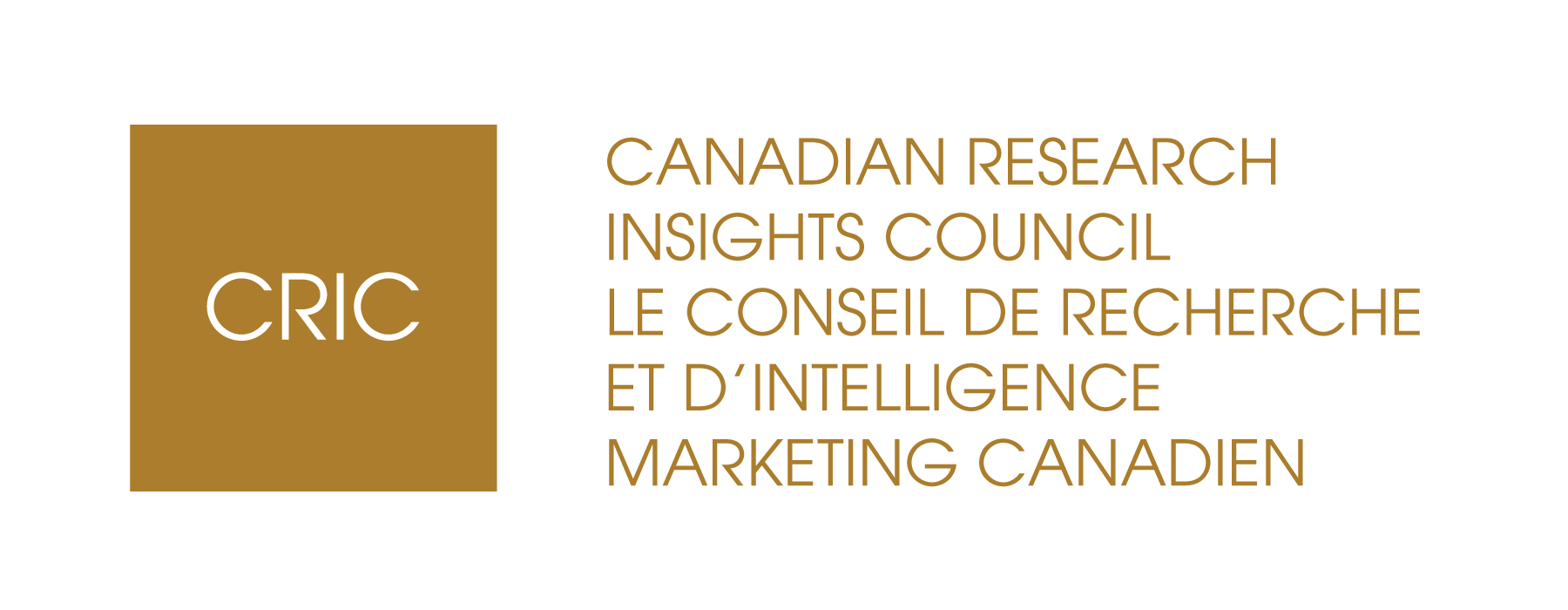Canada’s Anti-Spam Act (CASL)
Canada’s Anti-Spam Act, known as CASL, has been in force since July 2014. The law protects consumers and businesses from the misuse of digital technology, including spam and other electronic threats.
CASL applies to “commercial electronic messages” (email, text, social media) that contain a solicitation. As such, CASL does not apply to legitimate market and survey research. This has been unequivocally stated by the federal government:
CASL therefore helps ensure better conditions for online research, as it reduces the number of spam and marketing emails that Canadians receive. It also helps distinguish real research from “mugging” and “sugging” emails – “Marketing Under the Guise of Research” and “Soliciting Under the Guise of Research.”
Initially, there were questions as to whether CASL would apply to the offer of an incentive to participate in a research project. The CRTC pronounced itself on this topic (Compliance and Enforcement Decision CRTC 2016-107), and officially recognized that incentives are a legitimate practice in research. It also stated that incentives are permissible as long as the sole purpose is to incent participation in a specific survey. In this respect, the Commission noted that researchers should exercise caution when offering incentives, to ensure that what they offer cannot be seen as unduly promoting a product or service.
In its Decision, the Commissioner outlined a number of ‘contextual factors’ that researchers should consider when offering incentives, namely:
- The quantum or financial value of the incentive.
- Whether the incentive is directly related or connected to products or services offered by the surveyor, or a client or sponsor who commissioned the survey.
- Whether the incentive is similar to any typical promotional activities of the surveyor or client, such as free estimates from a home contractor.
- Whether the incentive would tend to draw the participant to the place of business of the surveyor or client, such as maintenance checks from an auto-repair business.
- Whether the incentive is offered to all participants, or only to those giving certain responses.
- Whether the incentive is tied to participation in a specific survey, or to general or future participation in activities that may only incidentally or potentially include a survey.
- The general nature and tone of the messaging that informs the participant of the incentive.
In terms of next steps, Parliament did a review of CASL in 2017 and concluded that the law was confusing and poorly worded. We can expect that CASL will be reviewed as part of the federal government’s broader review of its national digital regulatory framework.
CRIC will monitor developments related to CASL and advocate for improved language that makes it clearer that the law does not apply to market and survey research.
Contact Us
For more information, contact John Tabone, Chief Administrative Officer:

